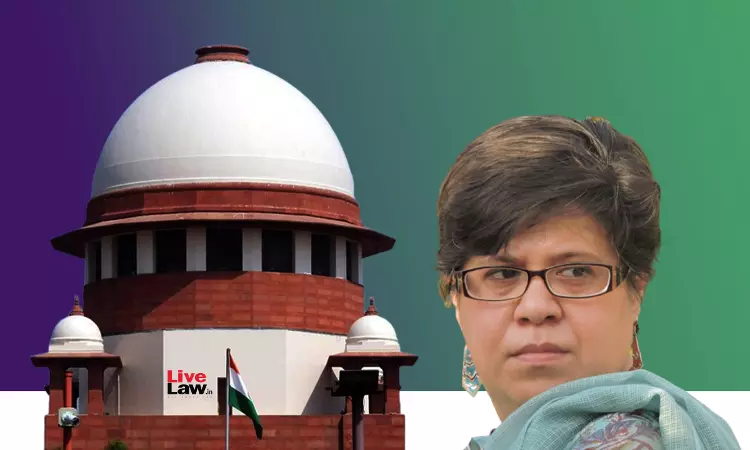‘More Diversity In Judiciary Will Ensure More Neutrality’: Advocate Shahrukh Alam
Awstika Das
28 Jan 2023 11:28 AM IST

Next Story
28 Jan 2023 11:28 AM IST
Weighing in on the issue of diversity in the Indian judiciary, Supreme Court lawyer-cum-activist Shahrukh Alam said that by bringing in more people from the margins of society to occupy seats of power in the courts, the elements of subjective assessment that inform the process of adjudication would be more neutral. “Apart from judicial reasoning, which is only a part of the...
